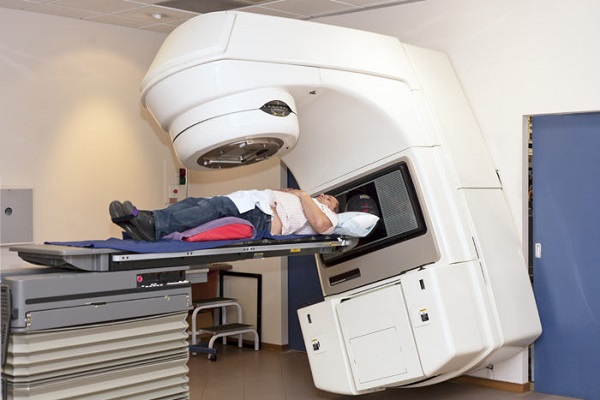
When 47-year-old Folake Adeoye first felt a lump in her breast, she was too afraid to tell anyone.
“I was diagnosed with breast cancer two years ago. I often wonder if the promises made by President Bola Tinubu’s administration will finally translate into accessible, affordable care for people like me, fighting for every breath amid the nation’s ongoing health challenges,” she said.
Adeoye, a market trader and mother of four, recounted how she silently endured the pain until she collapsed on November 17, 2024, while offloading plantains at Oyingbo Market in Lagos.
“By the time I got to the hospital, the doctor said it was stage three breast cancer. That’s how I found myself at the Federal Medical Centre, Jabi, in the Federal Capital Territory, seeking cheaper treatment.
“The tests alone cost more than our combined monthly income. I knew we couldn’t fight this alone.”
Her story is not unique.
In recent years, Nigeria has seen efforts to address one of its most pressing yet often overlooked health crises: cancer.
Tinubu’s administration has unveiled plans to build world-class cancer treatment centres and launched subsidy schemes to ease the financial burden faced by patients.
As the midpoint of his first term approaches, the question remains whether this strategy is sustainable and what must be done in the next two years to transform hope into lasting change.
The plan to construct 10 new cancer centres across Nigeria, with three flagship facilities commissioned on May 29, represents a historic expansion of oncology services beyond urban strongholds like Lagos and Abuja. These centres aim to serve thousands annually, offering diagnostics and treatments previously out of reach for many Nigerians.
Additionally, the National Health Insurance Authority (NHIA) now provides subsidies of up to ₦400,000 for radiotherapy patients. A cancer health fund targets indigent patients, while a national HPV vaccination campaign is helping prevent certain cancer types.
However, some Nigerians argue the oncology/radiotherapy unit at the Federal Teaching Hospital, Katsina, is not “newly built.” Records show it was constructed between 2021 and 2023 under former president, Muhammadu Buhari but remained uncommissioned until recently.
Mallam Garba Mohammed, a 60-year-old retired civil servant from Niger State, has been receiving treatment at the National Hospital’s oncology unit.
“I’m grateful the unit is attending to us, but many of us have waited too long. The struggle is real, and time is not on our side,” he lamented.
Adeoye also echoed this urgency. “Cancer is an expensive battle. Subsidies help, but many still face crushing out-of-pocket costs,” she said, holding a faded photo of her mother, who also died of cancer.
In a promising development, healthcare advocate, Dr. Richard Ajayi hailed the expanded NHIA-Roche Nigeria partnership as “a national milestone.” The programme now provides access to breast cancer treatment across 22 centres nationwide, up from seven.
“This is a blueprint for what’s possible when we commit to partnerships, policy reform and persistence,” he said.
Despite progress, challenges remain. Fewer than 100 oncologists serve a population of over 200 million. Insurance coverage is still uneven. Rural communities are underserved and cancer is often diagnosed late due to low awareness and inadequate screening.
Former president of the Nigeria Cancer Society, Dr. Adamu Umar said more oncology specialists must be trained and retained, rural outreach expanded through telemedicine and NHIA benefits broadened to cover more cancer types. He also called for investment in infrastructure, drugs and palliative care, as well as nationwide awareness campaigns to improve early detection and survival rates.
For patients like Adeoye and Mohammed, every breath is a fight. Tinubu’s vision for improved cancer care represents a leap forward, but turning that vision into reality will require action, investment, and commitment that outlasts political terms and truly prioritises every Nigerian life.

